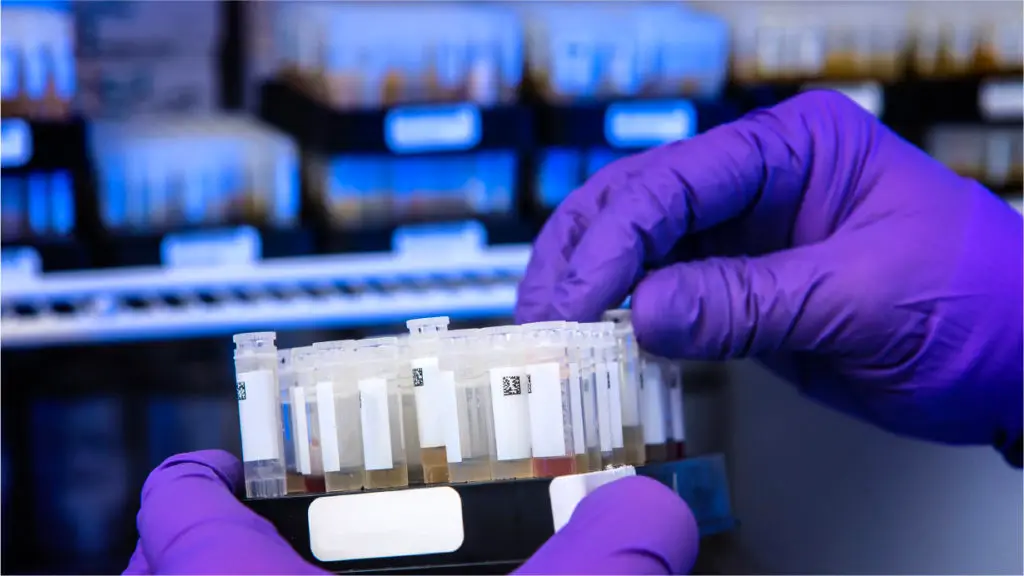Case Study
Going beneath the surface of skin cancer.
Summary
In this Cell Patterns publication, Ozette co-founders and collaborators at the Cancer Immunotherapy Trials Network (CITN) outline a novel method of analysis of single cell data, FAUST, and validate the multiple potential applications. The paper tackles 2 important problems: 1) analysis of complex single cell datasets; 2) prediction of response to immunotherapy in cancer.
Manual analysis of large volumes of highly complex cytometry and other single cell data such as that generated in clinical trials is not only slow, but is biased in that investigators can generally only identify cell populations which they are specifically looking for. By performing simulation studies comparing FAUST with existing data analysis in 7 cytometry datasets (CyTOF and flow) from 5 independent studies, this paper illustrates that FAUST processes experimental data on a per-sample basis and returns biologically interpretable cell phenotypes, making it well suited for the analysis of complex datasets.

The authors also tackle the important clinical issues of predicting response and patient outcomes after immunotherapy for cancer using FAUST. Immunotherapies are now important treatments in multiple cancers, however, biomarkers of response to these treatments are lacking in the clinic. FAUST was applied to data from a pivotal Merkel cell carcinoma anti-PD-1 clinical trial and discovered hundreds of phenotypes which was visualized with a novel embedding. Four of these phenotypes were significantly associated with clinical outcome in pre-treatment samples (effector memory T cells co-expressing PD-1, HLA-DR, and CD28). Notably, manual gating did not identify statistically significant T cell correlates of outcome in this study. Findings were then validated in cryopreserved peripheral blood mononuclear cell samples from the same study, as well as an independent CyTOF dataset from a published metastatic melanoma trial.
Together, these results not only establish FAUST as a powerful new approach for unbiased discovery in single-cell cytometry but also indicate that a population of effector memory CD4+ and CD8+ T cells co-expressing CD28, HLA-DR, and PD-1 are candidate biomarkers for response to pembrolizumab therapy.

Case Study
Ozette’s AI aids advancement of cancer drug development.
